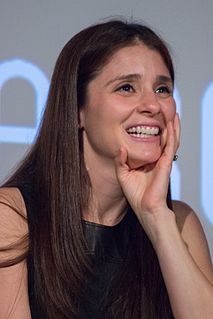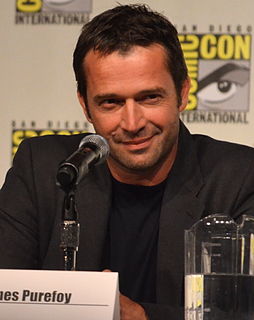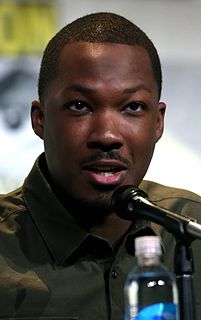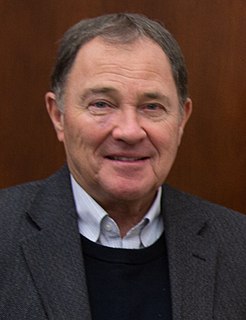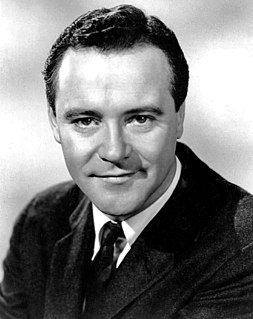A Quote by Shiri Appleby
As an actor, you can have your opinions, but our responsibility is telling the point of view of this one character.
Quote Topics
Related Quotes
Part of an actor's job is to actually adopt the world-view of the character she is playing and to tell the story from that vantage point. If an actor represses large aspects of their personality, they will have a severely limited range and castability. Great actors cultivate effortless access to their subpersonalities. Many acting teachers call this 'freeing your instrument.'
Everybody you work with sees what you're doing from a different point of view, a very specific point of view. So, if someone is lighting, they're seeing it from that point of view. A production designer is seeing it from the placement of furniture that tells you about the character. Everything that goes into the room should tell you about the person who lives in that room.
When you are writing, you have to love all your characters. If you're writing something from a minor character's point of view, you really need to stop and say the purpose of this character isn't to be somebody's sidekick or to come in and put the horse in the stable. The purpose of this character is you're getting a little window into that character's life and that character's day. You have to write them as if they're not a minor character, because they do have their own things going on.
